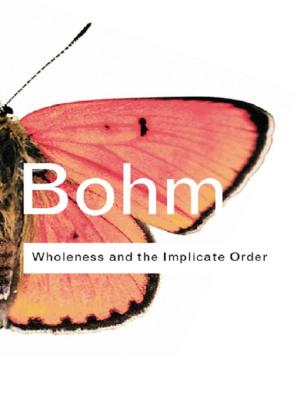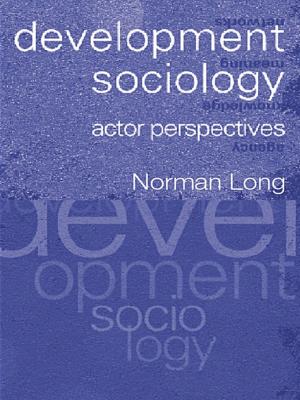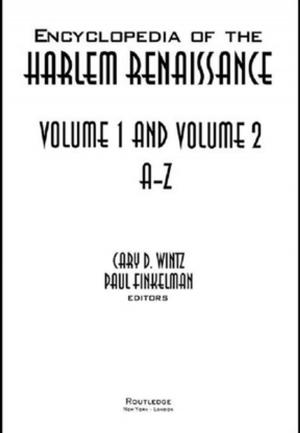Baudrillard (RLE Social Theory)
Critical and Fatal Theory
Nonfiction, Social & Cultural Studies, Social Science, Sociology| Author: | Mike Gane | ISBN: | 9781317652465 |
| Publisher: | Taylor and Francis | Publication: | August 21, 2014 |
| Imprint: | Routledge | Language: | English |
| Author: | Mike Gane |
| ISBN: | 9781317652465 |
| Publisher: | Taylor and Francis |
| Publication: | August 21, 2014 |
| Imprint: | Routledge |
| Language: | English |
Baudrillard is widely recognised as a powerful new force in cultural and social criticism, and is often referred to as the ‘High Priest of Postmodernism’. This study presents a detached assessment of his social thought and his reputation, challenging the way his work has been received in postmodernism and proposing a new reading of his contribution to social theory. Using many sources currently available only in French, Mike Gane provides the keys to understanding Baudrillard’s project and reveals the extent and scope of Baudrillard’s challenge to modern social theory and cultural criticism. He looks at the sources of Baudrillard’s ideas, analysing how Baudrillard has turned these sources against themselves. He describes Baudrillard’s dramatic encounter with critical Marxist theory and psychoanalysis, showing how Baudrillard’s post-Marxist writings define, through the exploration of fatal theory, a new episode in cultural history: a period of cultural implosion. This balanced account of Baudrillard’s social theory emphasises the originality of his work and argues that his significance can only be understood by grasping the paradoxes of his project – Baudrillard’s work is poetic, yet, at the same time, critical and fatal.
Baudrillard is widely recognised as a powerful new force in cultural and social criticism, and is often referred to as the ‘High Priest of Postmodernism’. This study presents a detached assessment of his social thought and his reputation, challenging the way his work has been received in postmodernism and proposing a new reading of his contribution to social theory. Using many sources currently available only in French, Mike Gane provides the keys to understanding Baudrillard’s project and reveals the extent and scope of Baudrillard’s challenge to modern social theory and cultural criticism. He looks at the sources of Baudrillard’s ideas, analysing how Baudrillard has turned these sources against themselves. He describes Baudrillard’s dramatic encounter with critical Marxist theory and psychoanalysis, showing how Baudrillard’s post-Marxist writings define, through the exploration of fatal theory, a new episode in cultural history: a period of cultural implosion. This balanced account of Baudrillard’s social theory emphasises the originality of his work and argues that his significance can only be understood by grasping the paradoxes of his project – Baudrillard’s work is poetic, yet, at the same time, critical and fatal.















